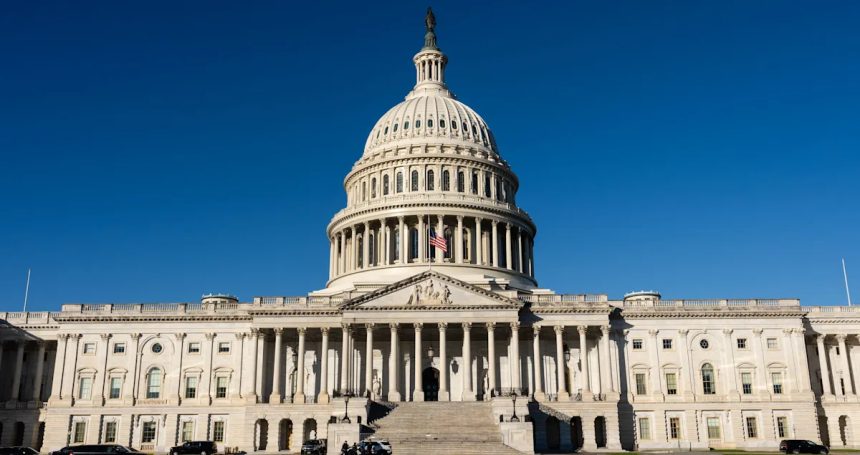Throughout the shutdown, Democrats had been steadfast in their stance that they would only allow the government to reopen if Republicans agreed to their top priority: An extension of tax subsidies for the Affordable Care Act.
The shutdown is on the brink of ending, and those subsidies are not going to be extended. The only thing Democrats got was a promise that the Senate will at least hold a vote on the issue in the near future. They’re not alone, however, in coming up short on their top demand. Recent history shows that the party that instigates a shutdown typically gains little from it.
“These last six weeks have provided yet another demonstration that shutdowns are substantively pointless as a negotiating tactic,” political reporters Jake Sherman and John Bresnahan wrote in their daily newsletter on Wednesday.
The last shutdown, which began in 2018, centered on a dispute over funding for President Trump’s proposed border wall. After a 35-day stalemate, Trump gave in and signed a bill to reopen the government without the $5.6 billion he had demanded.
Republicans shut down the government for 16 days in 2013 in a failed effort to defund the Affordable Care Act. The GOP also came up short in 1996, when a 21-day shutdown ended without the budget cuts they had demanded.









